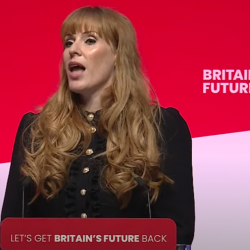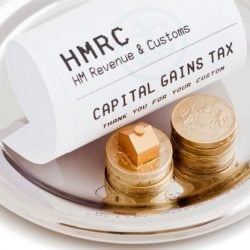Tag: CGT

Landlords point to eviction reform to boost buy to let in...
Landlords say that a more efficient eviction system is the best way to encourage increased investment in the buy to let sector, research...

Landlords will be offered CGT exemption by Conservatives
The Conservative Party’s manifesto will be published today with a pledge to eliminate capital gains tax (CGT) for landlords,

Capital Gains Tax Question – PPR Title Splitting
Hello
I have a capital gains tax question.
Someone owns a home and they have lived in it the whole time. They have built a large extension...

‘Landlady’ Angela Rayner withholds tax advice...
Angela Rayner has again refused to publish the tax advice she has been given over selling her council house – as Greater Manchester...

Landlords will save £4,468 in CGT on each property sale
The average landlord will benefit from a cut in Capital Gains Tax (CGT) but will still face a significant tax bill when exiting the...

Most landlords will face higher CGT bills from April
April will bring a surge in Capital Gains Tax (CGT) bills for landlords, with 89% of higher-rate and all lower-rate taxpayers being...

Removal of FHL – One man’s poison is another man’s ...
The changes in Serviced Accommodation will impact different people in different ways. To some, it will provide advantage, for others...












